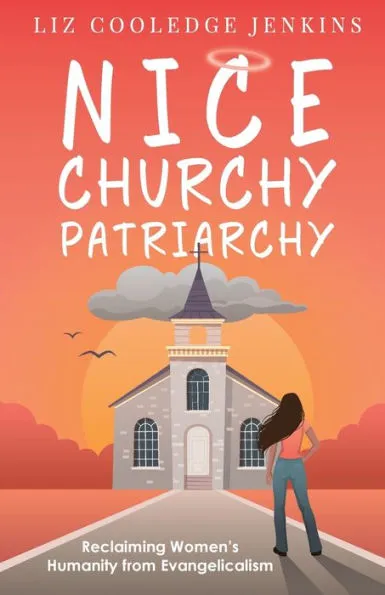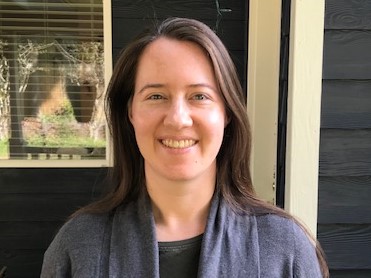Hi, I’m Liz. I write at the intersections of faith, feminism, and justice. I’m a recovering evangelical exploring how we build different kinds of faith communities together — and a different kind of world.

I write pretty regularly over at a Substack called Growing Into Kinship. I’d also love to connect on IG: @lizcoolj and @ postevangelicalprayers.
My first book, Nice Churchy Patriarchy: Reclaiming Women’s Humanity from Evangelicalism, is a work of love, angst, and stubborn insistence that faith communities can do better.
I wrote Nice Churchy Patriarchy in the hope of helping evangelical and formerly evangelical women make sense of their experiences in church, feel seen and validated in the frustrations they may have, and be inspired to chart a new way forward.
I feel a strong passion and sense of urgency to speak the truths that people who have found themselves on the underside of church-y power structures need to hear: Oppressive mindsets, theologies, and systems are not okay. Change is needed. We are not asking for too much, too soon. We deserve better. And we have the power to find that “better”—to build it together.
Learn more here.
My journey has wandered from the Seattle area, to the San Francisco Bay Area, to Southern California, and back again to the gorgeous Pacific Northwest. From growing up in a mainline Protestant church, to choosing evangelicalism as a young adult, to deconstructing everything and wondering what we might build from the ashes. From Stanford University (Symbolic Systems ’10), to college ministry, to seminary (MDiv) and beyond.
Read more about me here.

I hope you feel welcome in this space. Feel free to take a look around. I currently blog here and at Substack, and previously at Patheos. I’ve also written things that live all over the web at places like Sojourners, The Christian Century, Red Letter Christians, Christians for Social Action, and Feminism and Religion.
Let’s tell the truth, seek justice, leave behind the theologies that aren’t working (and build ones that are), and love one another in all our glorious weirdness as we do so.